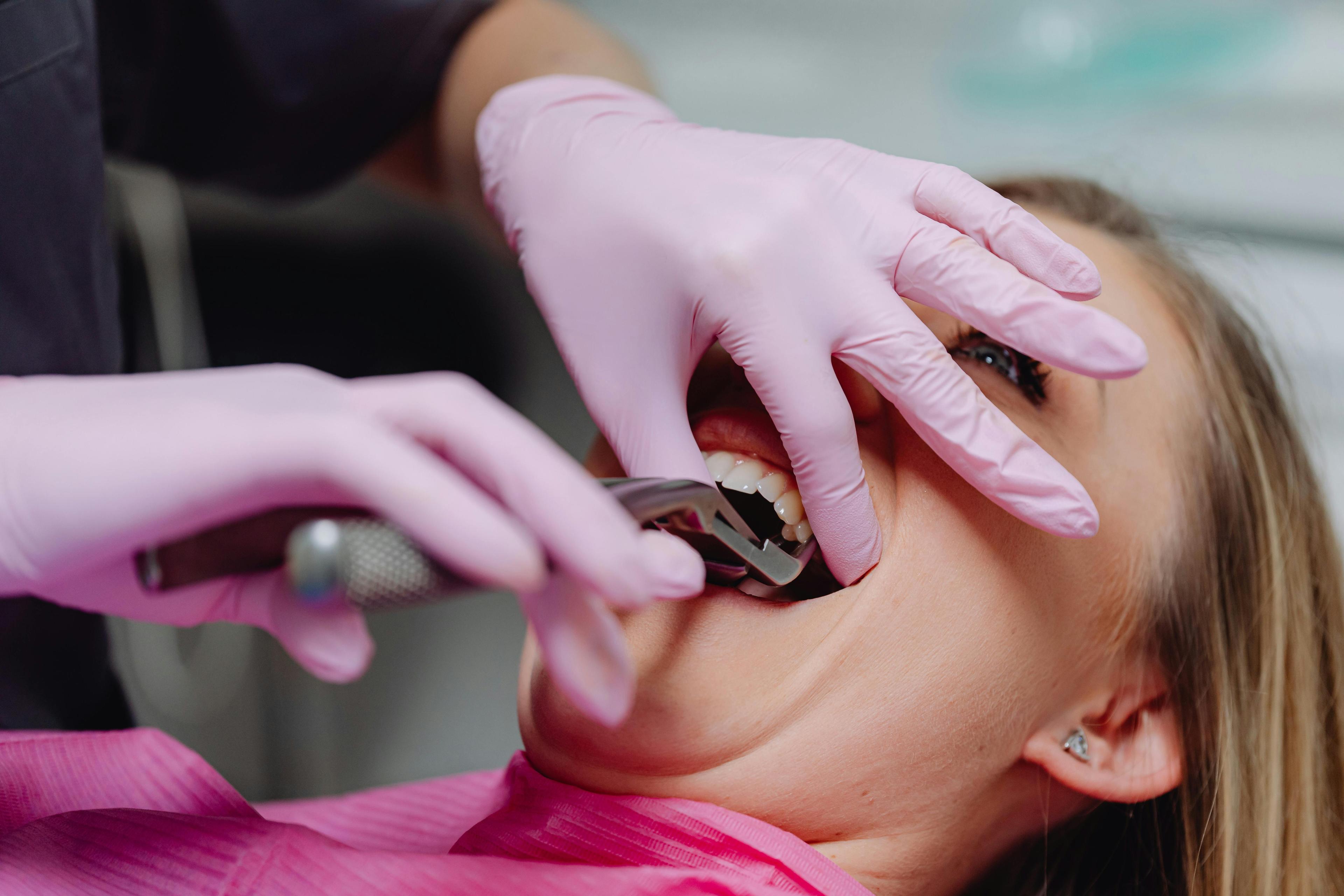Wisdom Teeth 101: Causes, Extraction, and Care 🦷
Understanding Wisdom Teeth: Common Questions Answered by a Dentist
Wisdom teeth are our last molars—also known as third molars—that typically emerge during adulthood. Positioned at the back of the jaw, these molars are often difficult to maintain and can lead to discomfort or complications. Here, we’ll answer some of the most common questions patients ask about wisdom teeth.
1. Does a Wisdom Tooth Always Cause Pain or Discomfort?
Not necessarily. Every person has a unique jaw and tooth structure, with different sizes and spacing.
Growth Pattern: Teeth generally grow towards each other and towards the center of the face. When space is limited, the wisdom tooth may encounter resistance from the neighboring tooth or the jaw.
Pain and Discomfort: Lack of space can create pressure on the surrounding teeth and jaw, resulting in pain and discomfort for some individuals.
2. Is Wisdom Tooth Extraction Necessary?
Yes, if the tooth is impacted or partially impacted.
Potential for Infection: Impacted wisdom teeth often lead to infections within the jaw, damaging the surrounding bone.
Tooth Decay: This can also cause decay in neighboring teeth due to bacterial build-up in hard-to-clean areas. In such cases, extraction is usually recommended to prevent further complications.
3. Should Extraction Be Done Before Pain Begins?
Yes, proactive extraction is often advisable.
Diagnosis: Dental surgeons rely on clinical and radiographic findings. Even if there are no visible signs of infection, radiographs may reveal underlying issues.
Preventive Care : As the saying goes, "Precaution is better than cure.” It’s often recommended to extract both wisdom teeth on the same side (upper and lower) in a single procedure to minimize risk and recovery time.

4. How Will I Manage Eating After Extraction?
Don’t worry; you have two other molars on each side to aid in chewing.
Adaptability: With evolution, some people are even born without third molars, as they are not essential for chewing.
Post-Extraction Diet: Your dentist will guide you on soft foods and a gradual return to regular eating.
Conclusion: Care for Your Wisdom Teeth Early
Wisdom teeth can cause discomfort or pose risks to oral health, especially if they are impacted. Early consultation and proactive management can prevent complications. If you’re experiencing any pain or discomfort, consult your dentist to determine whether wisdom tooth extraction is right for you.





